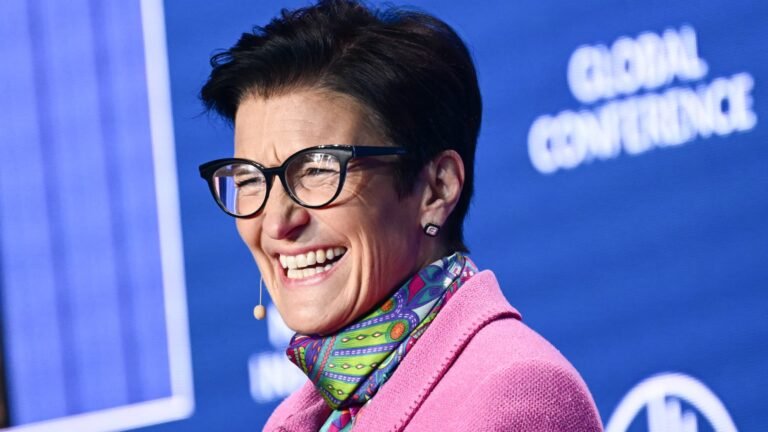
In this article, Bristol Myers Squibb believes that Alzheimer’s represents the largest market for its newly approved schizophrenia drug, Cobenfy, with expectations of generating billions of dollars in revenue. Company executives mentioned in an interview that each treatment use being studied for Cobenfy has multibillion-dollar potential, including Alzheimer’s disease psychosis, Alzheimer’s agitation, Alzheimer’s cognition, bipolar disease, and autism. According to Bristol Myers Squibb CFO David Elkins, Alzheimer’s is the primary market for Cobenfy, as stated during the JPMorgan Health Care Conference in San Francisco.
Elkins noted that in the U.S., there are nearly 6 million Alzheimer’s patients, with approximately half of them experiencing psychosis symptoms like hallucinations and delusions. Chief Commercialization Officer Adam Lenkowsky mentioned that Cobenfy could potentially be the first drug approved specifically for Alzheimer’s-related psychosis, distinguishing it from atypical antipsychotics that are commonly used off-label for Alzheimer’s patients, despite the associated risk of death.
Alzheimer’s agitation, affecting around 60% to 70% of patients with the disease, is a symptom that can cause restlessness and worry. Bristol Myers Squibb announced plans to release initial late-stage trial data for Cobenfy in Alzheimer’s-related psychosis treatment earlier than expected, with phase three trials for Alzheimer’s agitation, Alzheimer’s cognition, and bipolar disorder set to begin in the coming years.
Analyst Chris Schott predicts that Cobenfy sales could reach $5 billion by 2030, with a peak sales potential of around $10 billion across various treatment uses. This is significant for Bristol Myers Squibb as it navigates potential revenue losses from expiring patents of its top-selling treatments. Cobenfy, originally developed for schizophrenia, has its roots in Alzheimer’s treatment, with a history involving the combination of xanomeline and trospium to reduce side effects.
Recent breakthrough treatments for Alzheimer’s, such as Biogen and Eisai’s Leqembi and Eli Lilly’s Kisunla, focus on clearing toxic plaques in the brain to slow cognitive decline in early-stage patients. However, as the disease progresses, symptoms like psychosis and agitation become more prominent, highlighting the potential role of Cobenfy in improving patients’ cognition and overall impact on caregivers and the healthcare system.







